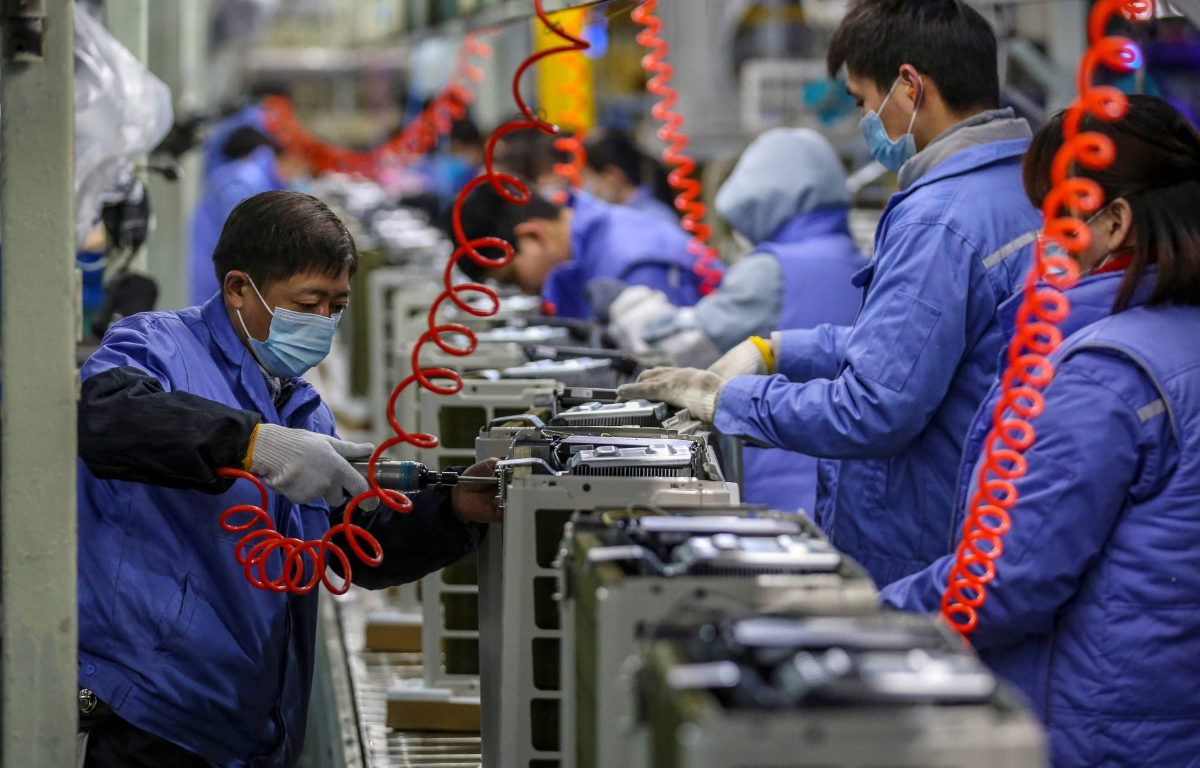
Lai’s arrest and subsequent imprisonment drew international attention and condemnation, raising concerns about the erosion of Hong Kong’s autonomy. China’s introduction of the National Security Law, under which Lai was arrested, has had a chilling effect on political activism, journalism, and freedom of speech in Hong Kong. This has not only damaged Hong Kong’s reputation as a global financial hub but also generated uncertainty for businesses and investors.
One of the critical economic implications of China’s actions in Hong Kong is the loss of investor confidence. The erosion of Hong Kong’s autonomy and the suppression of dissent have raised doubts about the stability of investments in the region. Foreign investors, in particular, may reconsider their commitments, leading to potential capital flight and economic instability.
Moreover, Hong Kong plays a crucial role as a gateway for global trade with China. Any disruptions to its status as a key financial hub could have far-reaching effects on global trade and supply chains. Its stock exchange, one of the largest in the world, is integral to China’s economic growth, and a loss of credibility in Hong Kong’s financial markets could impact China’s ability to attract international investment.
In addition to economic consequences, China’s approach to Hong Kong is straining its international relations. Sanctions and trade disputes with countries critical of its policies could have a negative impact on China’s access to global markets. The international community is watching these developments closely, as they impact not only Hong Kong but also China’s role in the global economic landscape.










Share this: